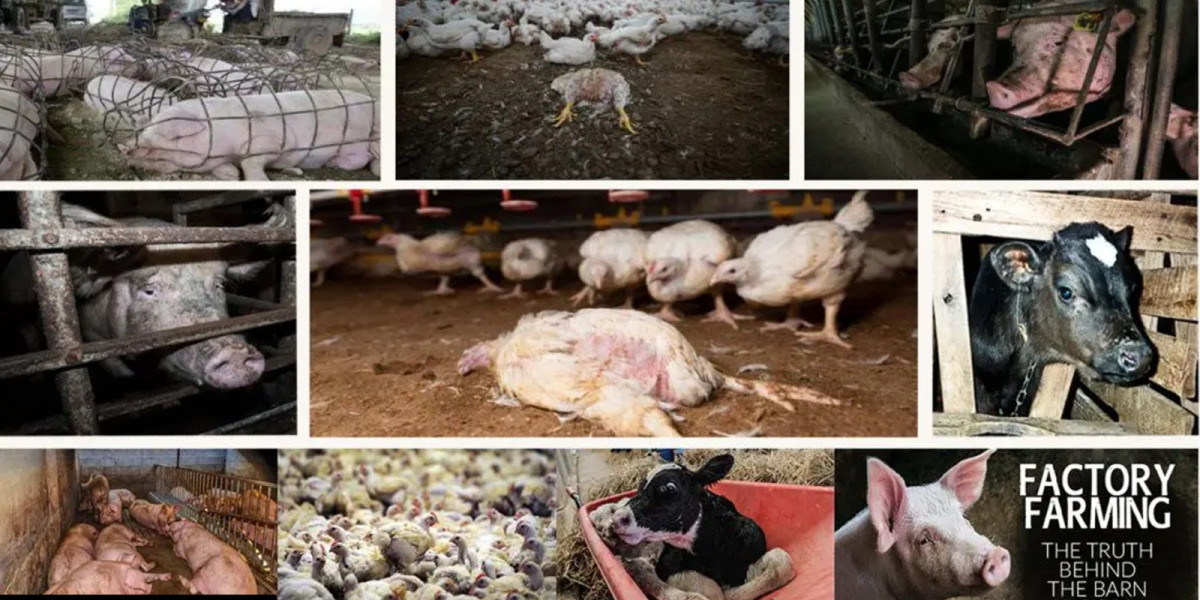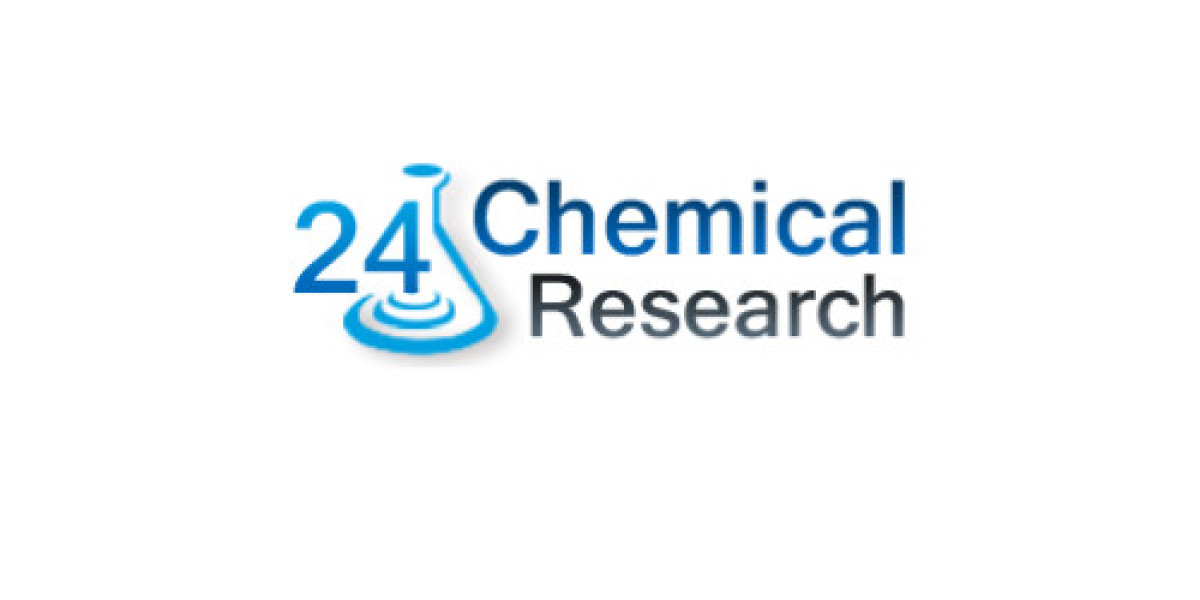Factory farming cruelty is an issue that has gained increasing attention in recent years, shedding light on the dark realities of industrialized agriculture. This method of mass-producing livestock for food has been criticized for its inhumane treatment of animals, detrimental environmental impacts, and threats to human health.
In factory farms, animals are often confined to cramped and unsanitary conditions, deprived of their natural behaviors and instincts. Factory farming cruelty manifests in various forms, including overcrowded living spaces, lack of access to proper veterinary care, and the routine use of antibiotics to promote growth and prevent disease outbreaks.
One of the most concerning aspects of factory farming cruelty is the widespread use of confinement systems, such as battery cages for egg-laying hens and gestation crates for pregnant sows. These confinement methods severely restrict the animals' movement, causing physical and psychological distress. Studies have shown that animals kept in these conditions experience higher levels of stress and are more prone to developing health issues.
Furthermore, factory farming cruelty extends beyond the treatment of animals to its impact on the environment. The large-scale production of livestock generates significant amounts of waste, polluting air, soil, and water resources. The use of chemical fertilizers and pesticides in feed crops further exacerbates environmental degradation, contributing to issues like deforestation, water pollution, and greenhouse gas emissions.
In addition to its ethical and environmental concerns, factory farming cruelty also poses risks to human health. The overuse of antibiotics in animal agriculture has led to the emergence of antibiotic-resistant bacteria, compromising the effectiveness of these life-saving drugs in treating infections. Moreover, the consumption of meat from factory-farmed animals has been linked to various health issues, including heart disease, cancer, and foodborne illnesses.
Addressing factory farming cruelty requires a multifaceted approach that includes legislative reforms, consumer education, and the promotion of sustainable farming practices. Governments must enact stricter regulations to ensure the welfare of farm animals and reduce the environmental impact of industrial agriculture. Consumers can also make a difference by opting for ethically sourced and sustainably produced food products, supporting local farmers and businesses that prioritize animal welfare and environmental stewardship.
In conclusion, factory farming cruelty is a pressing issue that demands attention and action from policymakers, consumers, and industry stakeholders alike. By raising awareness about the hidden costs of industrialized agriculture and advocating for more humane and sustainable alternatives, we can work towards creating a food system that is not only ethical and environmentally responsible but also healthier for animals, people, and the planet as a whole.


